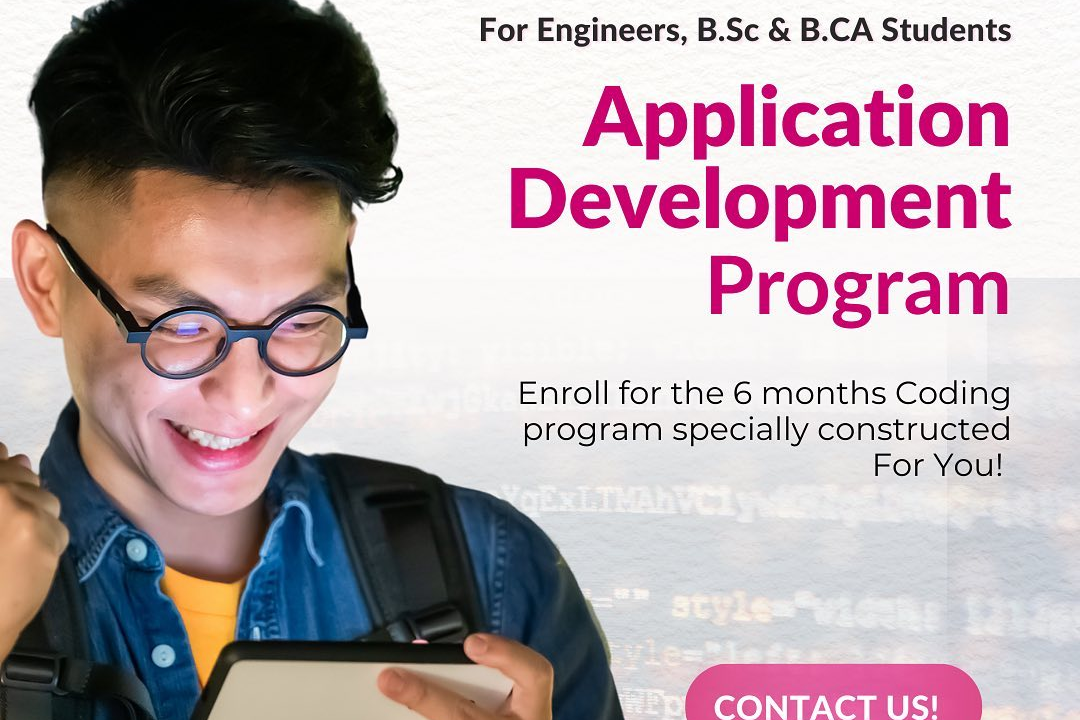Hands-On Training
Practical Skills Development
Hands-On Training
Hands-on training is an experiential learning approach that enables individuals to acquire skills and knowledge through direct participation and practice in real or simulated environments. This method emphasizes active involvement, allowing learners to engage with tools, equipment, or processes relevant to their field of study or work. By bridging the gap between theoretical concepts and practical application, hands-on training enhances retention and understanding, fosters problem-solving abilities, and boosts confidence in performing tasks. It is widely used in various disciplines, including healthcare, engineering, technology, and skilled trades, to prepare individuals for actual job scenarios and improve their readiness for professional challenges.
To Download Our Brochure: https://www.justacademy.co/download-brochure-for-free
Message us for more information: +91 9987184296
1 - Practical Experience: Hands on training provides students with the opportunity to apply theoretical knowledge in real world scenarios, allowing them to better understand concepts.
2) Skill Development: Through practical exercises, students can develop essential skills that are relevant to their field of study, enhancing their employability.
3) Industry Relevant Tools: Participants get to work with industry standard tools and equipment, ensuring they are familiar with the technology used in their chosen profession.
4) Real World Applications: Students learn how to address real world problems, enabling them to think critically and creatively in practical situations.
5) Increased Engagement: Hands on activities often lead to higher levels of student engagement and interest, making learning more enjoyable and effective.
6) Teamwork: Many hands on training programs involve collaborative projects, teaching students the importance of teamwork and communication in a professional setting.
7) Immediate Feedback: Students receive real time feedback from instructors and peers, allowing them to make quick adjustments and improvements to their techniques.
8) Structured Environment: A hands on training program often provides a supportive and structured environment, ensuring that students feel comfortable and confident while learning.
9) Portfolio Development: Students can capture their projects and successes in a portfolio, showcasing their skills and experience to future employers.
10) Networking Opportunities: Participating in hands on training can create networking opportunities with industry professionals and peers, potentially leading to internships or job placements.
11) Personalized Learning: Instructors can tailor hands on experiences to the specific needs of individuals or groups, addressing varying skill levels and learning paces.
12) Problem Solving Skills: Practical training enhances students' problem solving skills, as they learn how to troubleshoot and resolve issues in real time.
13) Confidence Building: Gaining practical experience builds students’ confidence in their abilities, preparing them for challenges they might face in the workplace.
14) Innovation Encouragement: Hands on training promotes innovation and creativity, encouraging students to think outside the box and develop unique solutions.
15) Job Readiness: Ultimately, hands on training equips students with the knowledge and skills necessary to enter the workforce confidently, making them more attractive candidates for employers.
By implementing a well structured hands on training program, educational institutions can significantly enhance the learning experience and professional readiness of their students.
Browse our course links : https://www.justacademy.co/all-courses
To Join our FREE DEMO Session: Click Here
Contact Us for more info:
iOS Training in Vaniyambadi
Nodejs vs Django
salesforce training houston
Flutter Training in Ozar
Best Apple Swift Training











